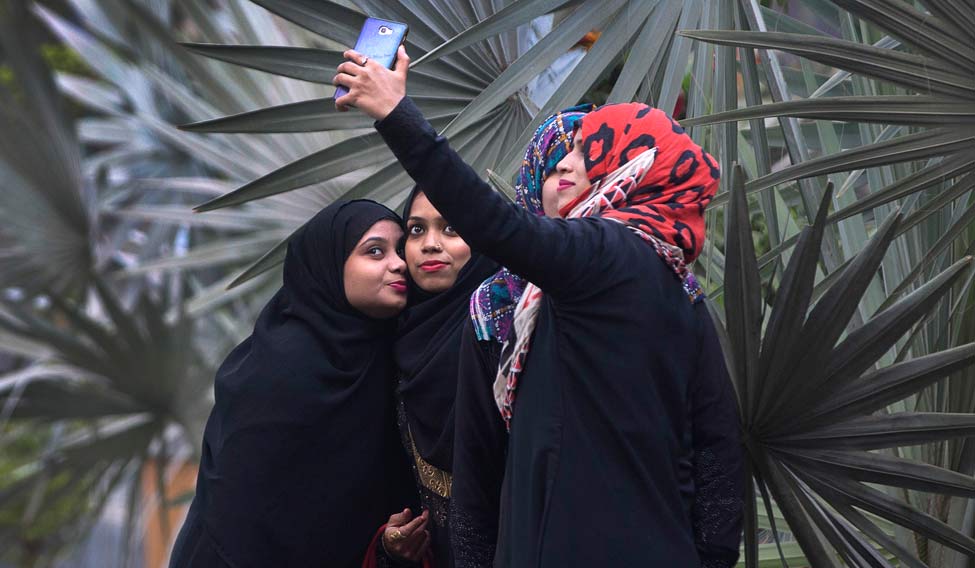“Indians today are governed by two different ideologies. Their political ideal set in the preamble of the Constitution affirms a life of liberty, equality and fraternity. Their social ideal embodied in their religion denies them.”
This conundrum between the political and social ideologies, as highlighted by Dr B.R. Ambedkar, has resulted in personal laws based on the faith and customary practices of each religion.
The Constitutional ideal rests on the jurisprudence of justice, liberty, equality and fraternity and recognises certain rights to be fundamental to the existence of each individual.
‘Life’ as understood in the context of Article 21 of the Constitution is a life of dignity, respect, self-determination and non-discrimination.
On the other hand, the personal laws, covering the aspects of marriage, divorce, inheritance and adoption are based on the jurisprudence of each religion, which is often gender discriminatory. Personal laws thrive on the principles of superiority and subordination, and owing to the sacred status granted to religion, these laws have been successfully used in perpetuating institutionalised victimisation.
The real question is why should women be discriminated against in the matters of their personal laws when the Constitution has bestowed upon them the right to equality and equal protection of law (Article 14) and a special provision under Article 15(3), aiming at bringing effective equality between men and women?
The inequities of religion-induced laws have forced women to knock at the doors of the courts seeking what is constitutionally due to them.
The finest exemplar is the issue of triple talaq, an unjust and derogatory practice prevalent in Muslim law, which took years of litigation to be declared unconstitutional by the Supreme Court (Shayaro Bano v Union of India).
Earlier, Shah Bano fought for several years to enforce her right to seek maintenance from her husband (Mohd. Ahmed Khan v Shah Bano Begum 1985).
In 1999, Githa Hariharan had to fight for her right to be termed the natural guardian of her child under the Hindu Minority and Guardianship Act, 1956 (Githa Hariharan v Reserve Bank of India).
A Parsi woman is fighting for her identity upon being restrained from participating in the funerary rites of her father at the Fire Temple on the ground that upon marriage to a Hindu man, the woman had ceased to be a Parsi and was deemed to have converted to Hinduism (Goolrokh M Gupta v Sam Rusi Chothia pending before the Supreme Court).
The only possible solution to remedy such patent discrimination is to formulate a uniform code based on equal rights of every individual unaffected by their religion.
During the Constituent Assembly debates, Ambedkar and Nehru had strongly supported it while holding it to be one of the cornerstones of the modernisation of India. Eventually, the provision of a uniform civil code was included in the Constitution but as an unenforceable Directive Principle of State Policy (Article 44).
The opponents of a uniform civil code view such a code as being violative of rights of minorities.
Even during the Constituent Assembly debates, the main challenge came from the minority groups premised on the fear that the majority could endanger their religion and lives. Even those enjoying majority positions criticised a uniform civil code on the ground that "new concepts and new ideas are not only foreign to the Hindu law but are susceptible of dividing every family (Rajendra Prasad).”
Indeed, the Supreme Court had cited difficulty of such a code in Pannalal Bansilal Patil v State of Andhra Pradesh (1996), stating that “a uniform law, though is highly desirable, enactment thereof in one go perhaps may be counter-productive to unity and integrity of the nation.”
However, such reservations overlook the fact that a uniform civil code would cut across religious lines equally.
As explained by Justice Leila Seth, “A uniform civil code will not take away the right to perform religious ceremonies and rituals.”
A uniform civil code does not mean the code of the majority. It is a secular code, rooting out religion from the civil laws and prescribing standardised legislation to ensure constitutionally compliant, effective equality. It may be noted that there exists a uniform criminal code and secular laws such as Section 125 of the Criminal Procedure Code and Section 498A of the Indian Penal Code, which are equally applicable to all communities in India. There is, thus, no reason for allowing religion to dominate our personal laws.
Allowing any practice—including religious—to rationalise discrimination is a constitutional sin and must be struck down as being inconsistent with the fundamental rights guaranteed to each individual. Equally importantly, a uniform civil code would serve to undo patriarchal privileges and empower women, hence rendering full justice to our constitutional principles.
A move towards such a code is the need of the hour.
Kunika is a barrister and advocate at Supreme Court. Views expressed in this article are solely those of the author and do not necessarily represent the views of the publication.





